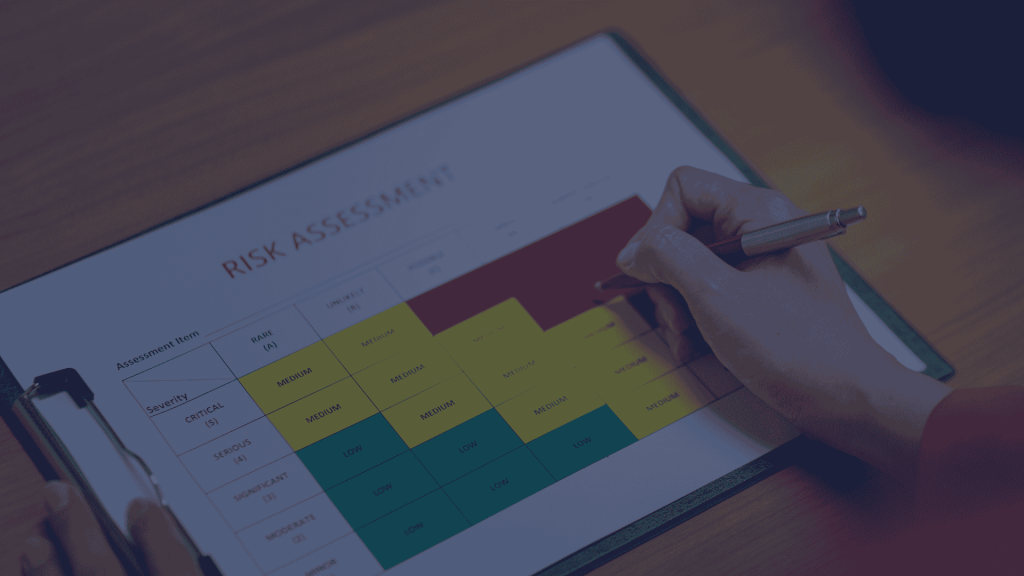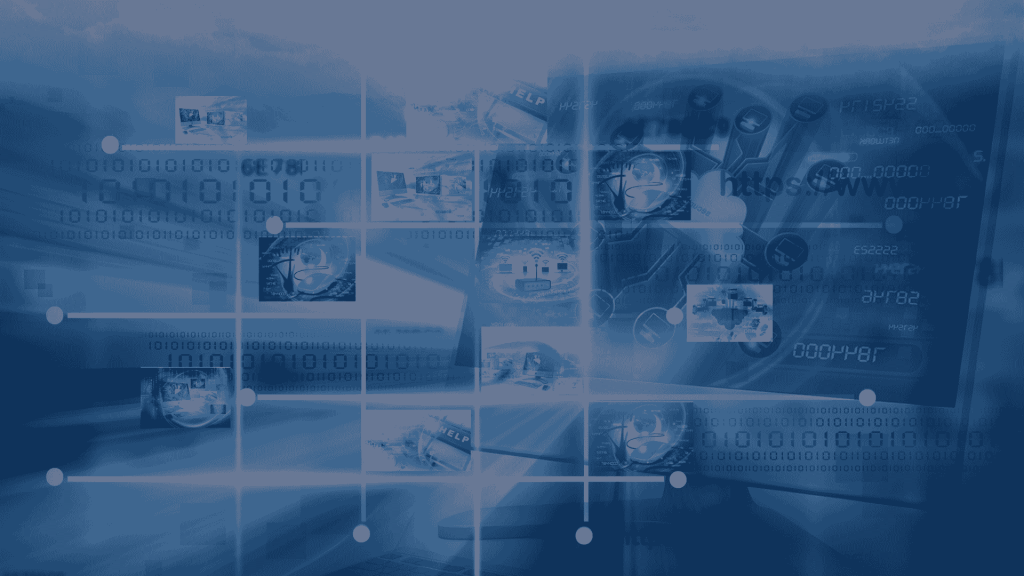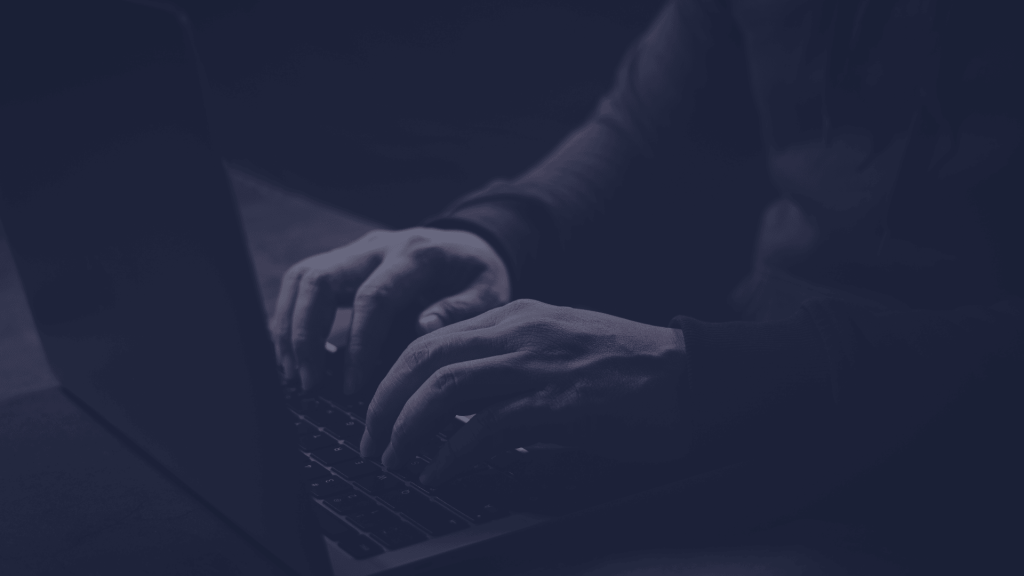As business leaders, we’re constantly making decisions that balance the need for operational efficiency with the imperative to protect our businesses from risks. In today’s digital landscape, one of the most effective and straightforward ways to enhance our organization’s security is through the implementation of Multi-Factor Authentication (MFA). While it might seem like just another layer of security, MFA is a critical component of a comprehensive cybersecurity strategy that can significantly reduce the risk of unauthorized access, data breaches, and other cyber threats. Let’s explore why MFA is so essential and why it should be a top priority for any business.
What is MFA and Why Does It Matter?
Multi-Factor Authentication (MFA) is a security mechanism that requires users to provide two or more forms of verification before gaining access to an account or system. Typically, this involves something the user knows (like a password), something they have (like a smartphone or hardware token), or something they are (like a fingerprint or facial recognition).
The reason MFA is so effective is that it addresses one of the most common vulnerabilities in cybersecurity—weak or stolen passwords. Even if a cybercriminal manages to obtain a user’s password, they would still need the second form of verification to access the account. This additional layer of security makes it exponentially more difficult for unauthorized users to breach your systems.
Protecting Sensitive Data and Intellectual Property
As businesses, we handle vast amounts of sensitive data, from customer information to proprietary intellectual property. A single breach can expose this data, leading to financial losses, legal liabilities, and severe damage to our brand’s reputation. MFA serves as a robust defense against these threats by ensuring that even if an attacker gains access to a password, they cannot easily access sensitive systems or data without the second verification factor.
For companies that handle particularly sensitive information, such as those in finance, healthcare, or technology, MFA is not just an option—it’s a necessity. It’s a critical measure that helps protect the crown jewels of your business from falling into the wrong hands.
Reducing the Risk of Cyberattacks
Cybercriminals are becoming increasingly sophisticated, using techniques like phishing, social engineering, and brute force attacks to gain access to systems. In many cases, these attackers exploit weak or reused passwords. MFA drastically reduces the risk of these attacks by adding an extra barrier that attackers must overcome.
Consider this: even if an attacker successfully tricks an employee into giving up their password, they would still be unable to access the system without the second authentication factor, which is typically under the user’s direct control (like a mobile phone or a biometric scan). This additional step often deters attackers, who are more likely to move on to easier targets.
Enhancing Compliance and Meeting Regulatory Requirements
In many industries, implementing MFA is not just a best practice—it’s a regulatory requirement. Regulations like the General Data Protection Regulation (GDPR), the Payment Card Industry Data Security Standard (PCI DSS), and the Health Insurance Portability and Accountability Act (HIPAA) mandate the use of strong authentication methods to protect sensitive data.
Failing to implement MFA could lead to non-compliance, resulting in hefty fines and legal penalties. Beyond the financial implications, non-compliance can also damage your company’s reputation and erode customer trust. By implementing MFA, you’re not only protecting your business from cyber threats but also ensuring that you meet all necessary regulatory requirements.
Facilitating Remote Work and Secure Access
The rise of remote work has expanded the attack surface for many businesses, with employees accessing corporate systems from various locations and devices. This shift makes it more challenging to secure access to critical systems and data. MFA is a powerful tool for securing remote access, ensuring that only authorized users can access your network, regardless of where they are working from.
By requiring multiple forms of verification, MFA helps protect against unauthorized access from compromised devices or networks. This is particularly important in a remote work environment, where the security of the network and devices used by employees may vary.
Building Trust with Customers and Partners
In today’s interconnected business world, trust is a crucial currency. Customers and partners want to know that their data is secure and that the businesses they work with are taking proactive steps to protect it. Implementing MFA demonstrates your commitment to security and helps build confidence among your stakeholders.
By visibly prioritizing cybersecurity measures like MFA, you can differentiate your business from competitors who may not be as vigilant, ultimately enhancing your reputation and strengthening relationships with customers and partners.
Strengthening Your Overall Security Posture
MFA is not a silver bullet, but it is a critical component of a layered security strategy. When combined with other security measures—such as endpoint protection, regular security audits, and employee training—MFA significantly strengthens your overall security posture.
This comprehensive approach to security ensures that your business is not just reacting to threats but proactively defending against them. By incorporating MFA into your cybersecurity strategy, you make it much more difficult for attackers to penetrate your defenses, reducing the likelihood of a successful breach.
Conclusion: MFA is a Strategic Imperative
We must recognize that cybersecurity is not just an IT concern—it’s a business concern. The risks associated with weak or compromised passwords are too great to ignore. By implementing Multi-Factor Authentication, we can protect our businesses from cyber threats, ensure compliance with regulatory standards, and build trust with our customers and partners.
MFA is more than just an additional layer of security; it’s a strategic imperative that safeguards our business operations and contributes to long-term success. In a world where cyber threats are constantly evolving, MFA is a powerful tool that can help us stay ahead of the curve and keep our organizations secure.
At Advance2000, we understand the critical importance of reducing business risk, optimizing productivity, and driving strategic value to enhance your bottom line. As the nation’s leading private cloud provider, we offer comprehensive solutions designed to help you implement effective strategies that align with your business goals.
Contact us today to learn more about how we can protect your digital assets and support your organization’s growth.



